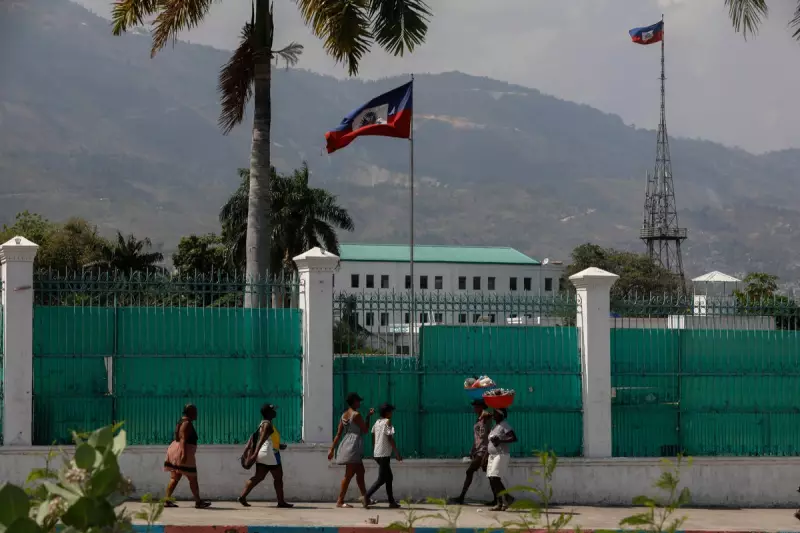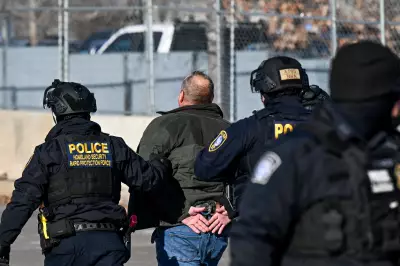
Haiti's fragile justice system faces mounting pressure as the investigation into President Jovenel Moïse's brutal assassination remains mired in delays and political complications, The Independent can reveal.
Justice Delayed Amid Political Turmoil
Nearly three years after armed mercenaries stormed the presidential residence in Port-au-Prince, killing Moïse in a late-night attack that shocked the international community, the path to justice appears increasingly obstructed. The case has been plagued by procedural setbacks, including the recent resignation of judge Jean Wilner Morin, who cited personal reasons for stepping down from what many consider Haiti's trial of the century.
International Concerns Mount
The stalled proceedings have raised alarm among international observers and diplomatic circles. A UN-backed security force, initially expected to assist in stabilising the Caribbean nation, has faced repeated delays in deployment, leaving Haiti's already overwhelmed institutions to navigate the complex investigation alone.
Critical developments in the case include:
- Multiple changes in judicial leadership handling the sensitive investigation
- Ongoing security concerns that have hampered proper evidence collection
- International pressure for transparent proceedings amid Haiti's power vacuum
- Growing fears that key evidence may be compromised by prolonged delays
A Nation in Crisis
Meanwhile, Haiti continues to grapple with escalating gang violence and political instability that has left many basic services in collapse. The void left by Moïse's assassination has exacerbated existing tensions, with various factions vying for control while the population suffers from widespread insecurity and economic hardship.
Legal experts warn that further delays could undermine public confidence in Haiti's judicial system entirely, potentially setting dangerous precedents for how political violence is addressed in the region.





